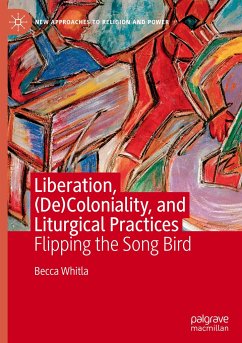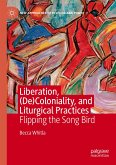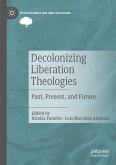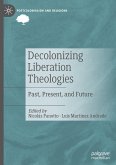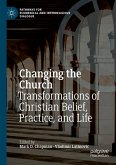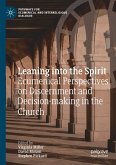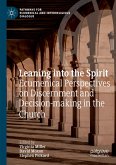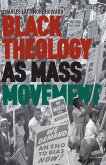Becca Whitla uses liberationist, postcolonial, and decolonial methods to analyze hymns, congregational singing, and song-leading practices. By way of this analysis, Whitla shows how congregational singing can embody liberating liturgy and theology. Through a series of interwoven theoretical lenses and methodological tools-including coloniality, mimicry, epistemic disobedience, hybridity, border thinking, and ethnomusicology-the author examines and interrogates a range of factors in the musical sphere. From beloved Victorian hymns to infectious Latin American coritos; congregational singing to radical union choirs; Christian complicity in coloniality to Indigenous ways of knowing, the dynamic praxis-based stance of the book is rooted in the author's lived experiences and commitments and engages with detailed examples from sacred music and both liturgical and practical theology. Drawing on what she calls a syncopated liberating praxis, the author affirms the intercultural promise of communities of faith as a locus theologicus and a place for the in-breaking of the Holy Spirit.
Bitte wählen Sie Ihr Anliegen aus.
Rechnungen
Retourenschein anfordern
Bestellstatus
Storno

